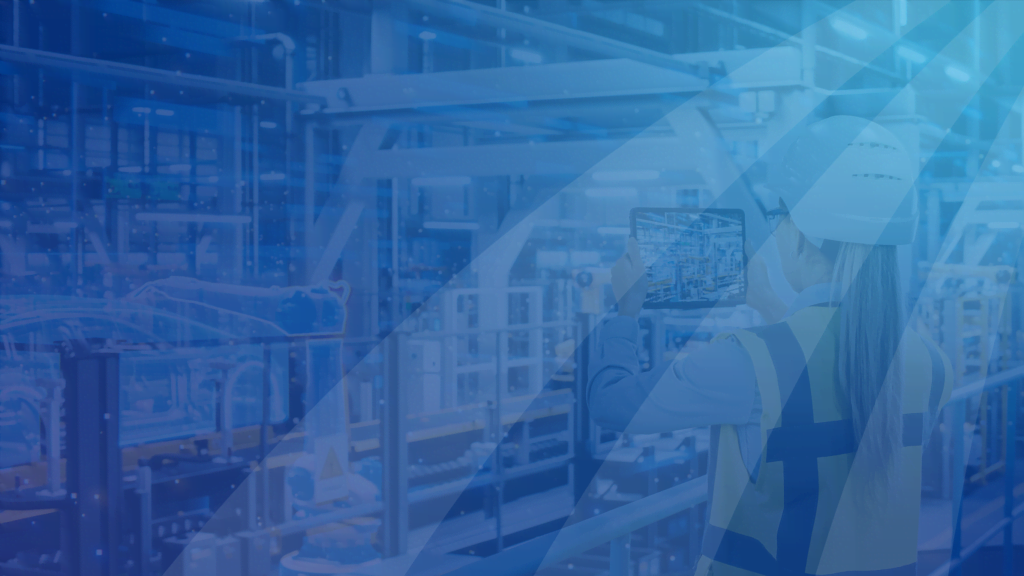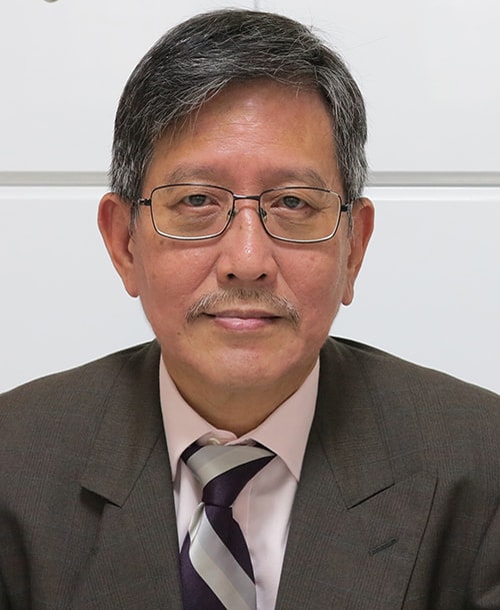


Adam Scharer is the CEO of Hilco Global APAC and explores how megatrends in the autonomous economy, AI and big data, digitalised information, and the digital economy will influence manufacturing and its implications for the broader economy throughout the Asia Pacific region.
Adam Scharer, CEO of Hilco Global APAC
A megatrend is a profound movement or shift in a macroenvironment – reshaping the strategic conditions of which governments, companies and communities operate in. Typical megatrends evolve gradually; however, they can also be kickstarted through sudden disruption and manifest when a tipping point is reached. Megatrends are evident through technological change, shifts in lifestyle choices, social, and through environmental priorities. They can also be driven by governmental action.
It goes without saying that advances in IT will eventually create ‘autonomous economies’. In the next 15 to 20 years, digital technologies will evolve from supporting economic activity to driving it. Supply chains will evolve to being autonomous through distributed ledgers and related IT systems and these systems will be decentralised, which builds redundancies. The human led economy will not vanish – instead, a machine driven one using robots that continue to supercede manual labour, data management, and many other human tasks, and AI that can replace intellectual tasks such as drawing contracts is emerging alongside it. The productivity dividend associated with these technologies will be more time for leisure.
According to IDC, global investment in digitalisation is set to grow at a compound rate of 17.1% per annum, reaching 2.3 trillion by 2023. With information being digitised and harnessed through The Internet of Things, blockchain, cloud based data storage, AI, and big data: digitisation will usher in never before seen efficiencies. These efficiencies are connecting and integrating business, and therefore driving down the cost of trade, ideas, and technologies globally, whilst co-ordinating global value chains. As time continues, we will increasingly see digitised information provide the backbone for international integration, e-government and day-to-day business operations.
There is an argument that AI will represent the biggest technological leap since the printing press. According to a recent Accenture report, AI powered technologies will increase productivity in manufacturing by a staggering 40% by 2035. AI is here and it’s evolving, with its place in our ecology assured. AI allows for intelligent decision making and appropriate responses, is self governing, self adjusting, decentralised and is central to The Fourth Industrial Revolution. Coupled with big data, they are underpinning industrial innovation and social reform.
Tokenisation involves converting ownership of physical or digital assets to blockchain based tokens. Examples of assets that can be tokenised include real estate, currency, gold, oil barrels and even copyright to art or music. Tokensiation is growing as an alternate source of investment and expansion. An example of tokenisation is a business that wants to buy a commercial premises or major plant and equipment, but the outlay is unaffordable. Tokenisation allows the business to buy a piece of the property with as much money as they can afford. This is a great option for small to medium businesses of which there are approximately 400 million globally, that underpin 90% of the global economy. With 50% of SMEs facing financial issues – such as paying operating expenses and investment into future business development – tokenisation represents an opportunity to move away from traditional financial instruments into a digital financial device that makes investment and expansion a greater possibility.
These technologies are not on the horizon for Australian manufacturers. Rather, they are here, and are set to evolve dramatically in the next 15 to 20 years. A key challenge for the manufacturing sector in Australia will be managing skill shortages around some of these technologies. In addition, manufacturers may well see the utility in technology such as AI, but a fraction of manufacturers in Australia are making significant use of it. Australian manufacturing is undergoing a technological transformation on par with the industrial revolution. These technologies are underpinning these changes and are revolutionising manufacturing in Australia.
Contact our Plant Closure Specialists in the Asia Pacific

Adam is the CEO of Hilco APAC, a Director and founding shareholder, with over 25 years of experience in the auction, valuation and marketplace industries. Seeing a gap in the market when it comes to global access to marketplaces, Adam envisioned a business with a full-service offering; Hilco Global APAC was born from this vision. As the head of our business, Adam focuses on strategic relationships and finding new and interesting ways to connect buyers & sellers globally.


Allan has been in the auction industry since 2001, joining Hilco Global in 2011. In this time Allan has helped monetise assets for some of the world’s largest brands and across a wide range of asset classes. During his career, he has amassed deep understanding of the industrial auction business from setting up plants to prepare them for sale, events marketing, project management and the execution of asset sales and real estates.


Mark has over 15 years of experience as an auctioneer and valuer of plant, equipment and vehicles, which includes undertaking valuation reports across a broad range of industries.
Mark is WH&S certified. An Accredited Member with The American Society Of Appraisers (ASA), Machinery & Technical Specialities and specialising in project management across complex sites nationally.
